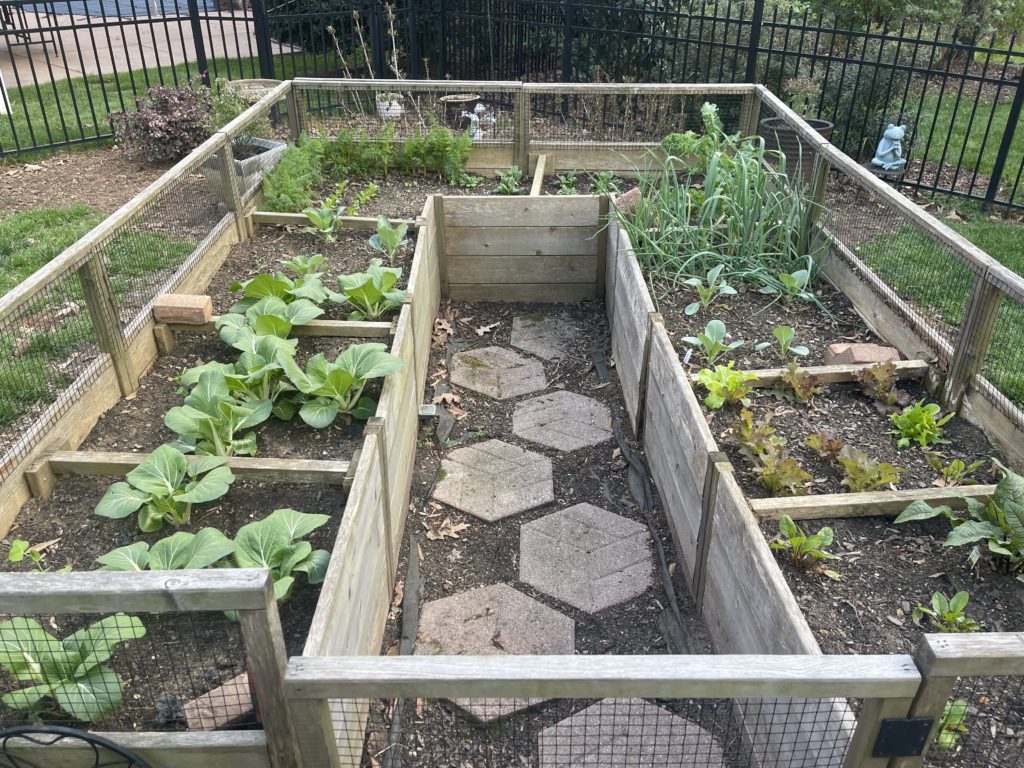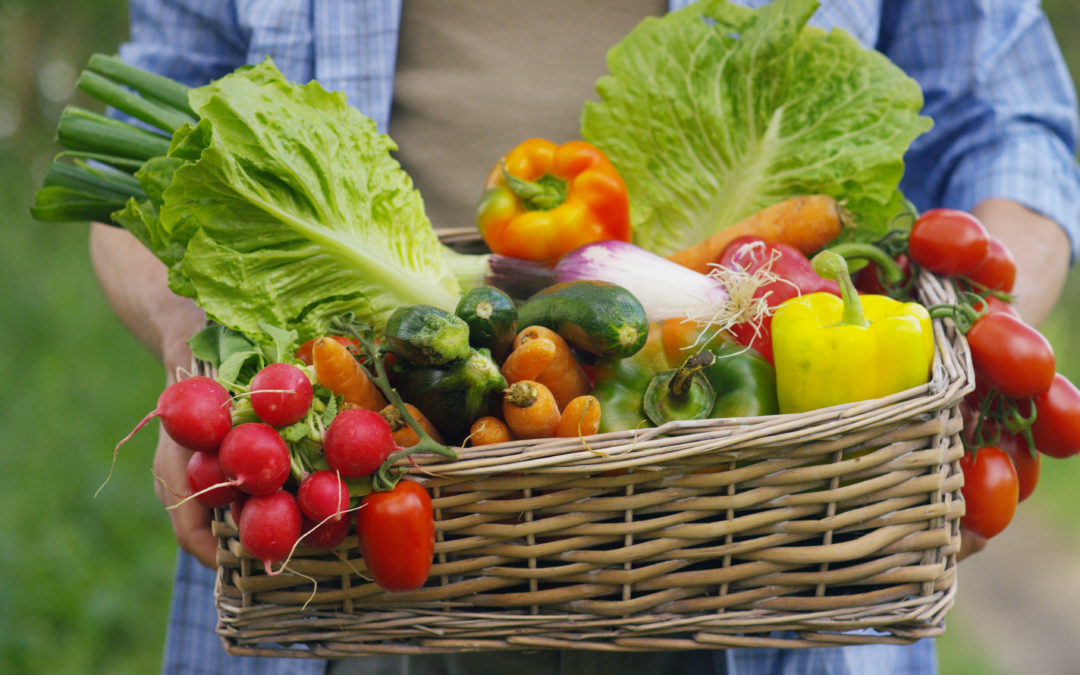Gardening is one of my favorite activities away from the law office. I’ve found that tending the soil, watering the plants, watching the flowers bloom, and being close to nature has helped me in so many ways.

COVID-19 taught us that everyone can use a relaxing hobby or two to help alleviate some of the stress and anxiety. So, in celebration of National Gardening Month and the start of our blog, let’s explore and unearth the ever-growing benefits of gardening for our environment and our lives.
How does gardening help the environment?
It’s probably an obvious fact that gardening helps the environment, but how exactly?
1. Gardening helps to clean the air and soil
Plants and people have a symbiotic relationship— we expel carbon dioxide into the air as a waste product and plants recycle it to produce oxygen that we need to survive.
When plants absorb the carbon dioxide we produce when we breathe, they also absorb chemicals, bacteria, and other harmful elements in the air. These are then filtered and recycled to produce useful waste products, such as water and oxygen.
Below the surface, the plants’ roots are also doing miracles to your soil. As roots soak up nutrients from the ground, they also absorb the errant chemicals and metals within your soil and groundwater.
2. Gardening helps to protect and support wildlife and pollinators
Many animals rely on trees, plants, and flowers to survive. Even as sustainable and more environmentally friendly movements are on the rise, a lot of animal habitats are still being destroyed and exploited.
Cultivating a healthy garden can give food and shelter to animals such as birds, bees, butterflies, and many more. In turn, these animals play an important role in keeping our environment green and healthy.
3. Growing your food reduces your carbon footprint
More and more efforts to reduce mankind’s carbon footprint are being encouraged around the world. One fun and enriching way to support this cause is growing your own food.
Much of the food and other products we buy from the store are imported from unknown places or made with non-environmentally friendly and/or processed ingredients. Growing your own food in your garden not only saves you time and money but also reduces the carbon footprint that would have been caused by the need to import the products and travel to and from shops to purchase them.

4. Replenishes soil and prevents erosion
We briefly discussed how plant roots can help in improving soil quality, but they can also aid in preventing soil erosion during heavy rains. Extensive root systems bind the soil together, making it less likely to wash away during the rainy season. Moreover, dead and decaying plants and other vegetation can replenish the nutrients in the soil. Having the right types of vegetation in your garden can actually help reduce the need for synthetic fertilizers.
Tending a garden is more than just digging up dirt and watering plants. No matter how small or big your garden is, it plays a significant role in supporting and healing our planet. But what about our mental health? Can gardening help with that too?
How does gardening help me?
1. Gardening is a calming activity
Tending to your garden can be very calming. In fact, it can even help you overcome stressful situations (like a worldwide lockdown, a legal dispute, or rising food prices, for example) by focusing your attention on something positive and even reducing your food expenses!
And don’t just take it from us! In 2011, researchers tested the calming effects of gardening on people who were exposed to stressful situations. For the experiment, researchers directed two groups of stressed individuals.
One group was told to relax by reading and another was told to spend time gardening. In the end, the gardening group was found to have recovered from their stress better than the reading group. When the participants were tested to check their cortisol levels, many from the gardening group reported that they were able to regain their positive state after gardening, while few from the reading group were able to do so.
2. Gardening improves your mood
Aside from being a calming activity, gardening can also boost your mood and decrease feelings of anxiety.
Not only that; did you know that gardening may also help people suffering from depression? Gardening is a wonderful exercise (mood lifter) and a great way to soak in some sunshine (a great source of Vitamins D and K).

3. Gardening helps your physical health too
Aside from its effects on your mental health, gardening also has positive benefits for your body. After all, various gardening activities can be considered light, moderate, and even vigorous exercise.
According to studies, gardening activities can help improve:
—– The chance of preventing age-related weight gain
—– Cognitive functioning in the brain
4. Growing and eating your own food is more nutritious
We’ve discussed how the act of gardening is good for you, but eating the produce you grow is also wonderful for your health.
The fruits and vegetables we buy from the market have to go through shipping and distribution processes. Additionally, they probably had to spend time in storage or on a shelf, making them lose their nutritional value.
When you grow your own produce, you get to enjoy its freshness and you know exactly where it originated. This means the food you eat has more vitamins, minerals, and antioxidants than the ones you can buy at the store.
And in case you haven’t heard, the word on the street is consuming whole foods, i.e. foods not processed or minimally processed, can aid in lower rates of heart disease, cancer, and type 2 diabetes, just to name a few!

As it turns out, Jenny Uglow was right when she said: “We might think that we are nurturing our garden, but of course, it is our garden that is nurturing us.”
Our gardens do more than just provide us with a worthwhile hobby; gardening also helps our minds, bodies, and our Earth. What about you? What’s your favorite thing about gardening? Let us know in the comments below.


Recent Comments